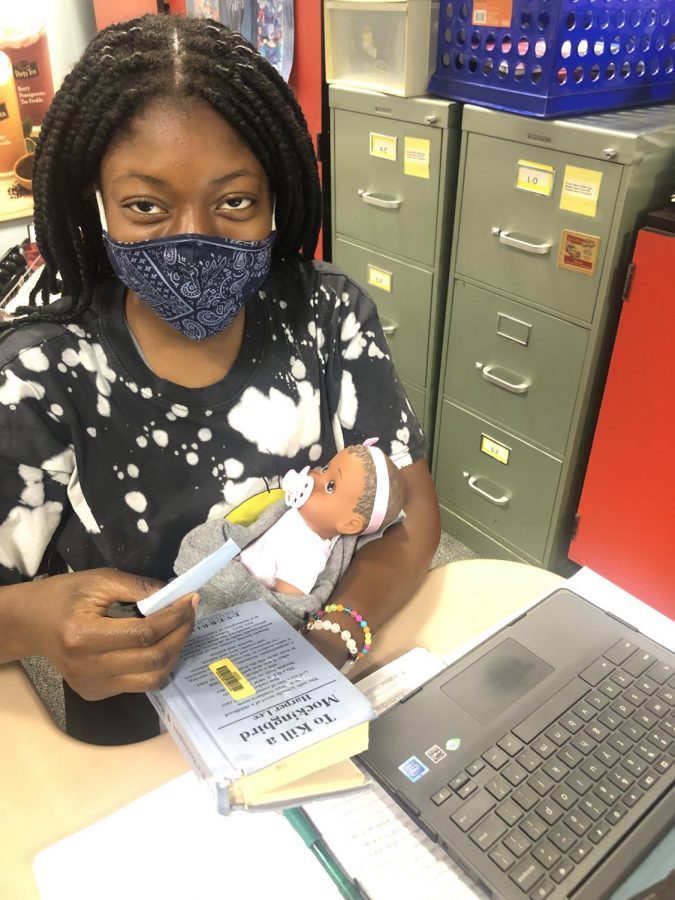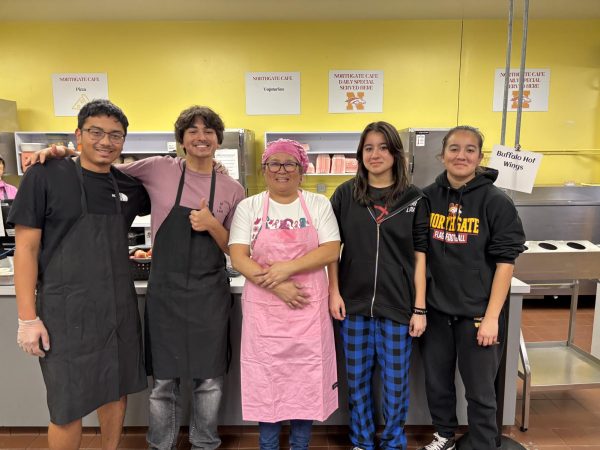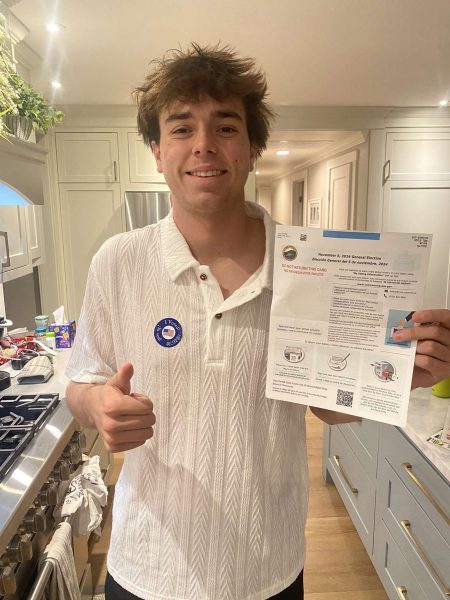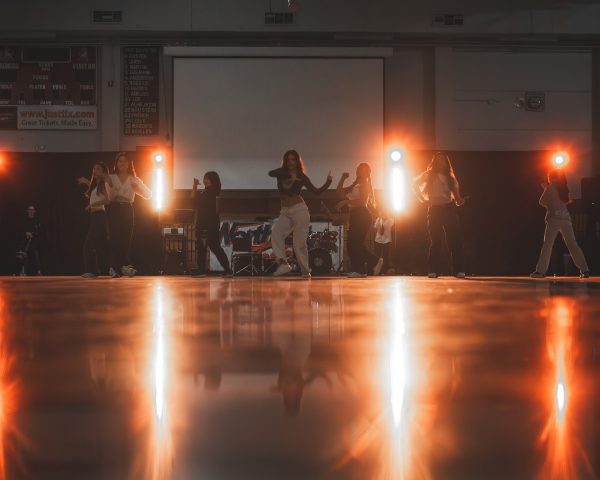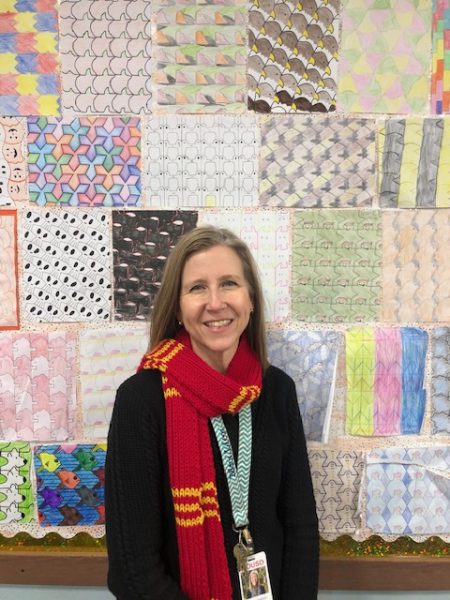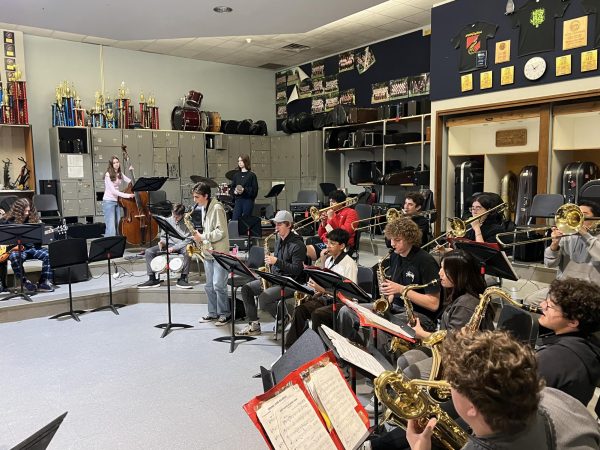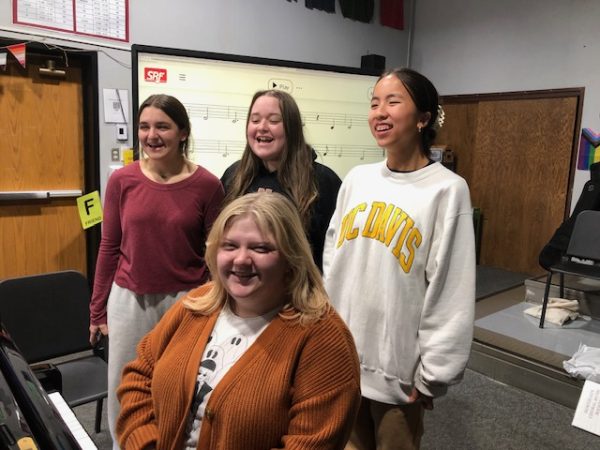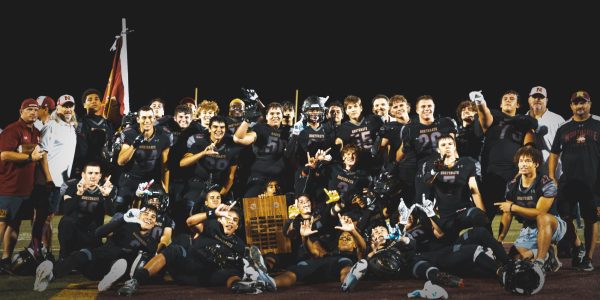Students bring more than 100 “babies” to school for psychology project centered on care and responsibility
See Editor-in-Chief Adelaide Berrett’s insights on “parenthood” at the end of article
Freshman Oladunni Akinsola completes work in her English class Oct. 19 while participating in a project for her psychology class that requires students to care for a “baby” for a week, documenting their experiences.
The age difference of the students at Northgate high school varies from around 13 to around 18. However, 105 babies attended school the week of Oct. 18, making the age difference spike.
Students taking psychology were required to bring a baby doll or stuffed animal everywhere with them for one week, part of an assignment centering around care and responsibility. If they were unable to bring the babies with them somewhere, the student needed to hire a babysitter to watch the child. In addition, students kept an hourly log with age-appropriate activities they did with the “child”.
“It’s been a very insightful experience,” freshman Oladunni Akinsola said,
Social Studies instructor Lauren Lahey has been the psychology teacher at Northgate for seven years and has presented the baby project every year. She feels that this is a very good hands-on learning experience.
“They have to learn how to properly care for the baby and also find babysitters if they are not capable of taking care of the baby,” Lahey said. “In other words, it gives perspective on the daily tasks a parent has to endure which is a great real world lesson. Students also learn how to properly care for a baby in many ways – how to hold, change a diaper, feed a bottle and swaddle.”
As the project came to a close, students said they were relieved to be complete with this undertaking.
“I’m feeling good! Well, mostly relieved to not have to carry it around. By the last day, I was pretty done with having my stuffed child with me 24/7,” junior Alana Marks said. “I can’t imagine what actual parents go through. It was a fun experience though, and fun to learn about babies since I’ve never had to before.”
Although the project is simulated to be as lifelike and grueling as possible, Lahey emphasizes to students that there is no equivalent to the real parenting experience. “Real babies require so much more love, attention, care and finances than these baby dolls are getting,” she said. “I think it puts into perspective, even just slightly, the love and commitment it takes to be a parent. If anything I hope they come out of the project realizing the huge responsibility parenting is and also better appreciate their parents or caretakers for raising them.”
Editor’s Note:
“Parenting is an ‘extreme’ sport,” says Sentinel Editor-in-Chief Adelaide Berrett, a junior who participated in the psychology class “parenting” assignment. Here is what she had to say:
Carrying a baby around while also trying to open lockers and doors was pretty challenging. I ended up borrowing a baby front pack from a family friend halfway through the week because I needed two hands to make it through the school day.
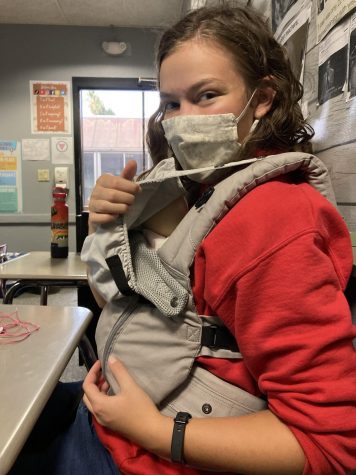
I cannot imagine the stress it would be having a real baby who screams and feels and requires a lot more attention than a baby doll. It made me more deeply appreciate how much my parents have gone through and continue to go through to raise my siblings and me.

